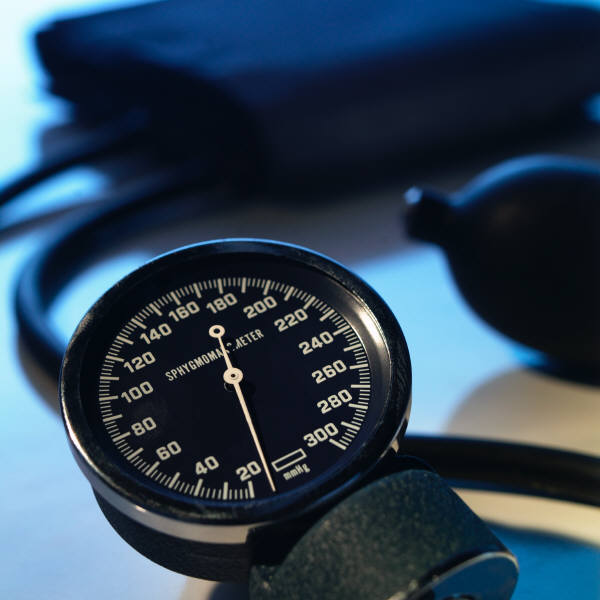Many people restrict salt in their diets and take diuretic medications in an attempt to reduce blood pressure. That’s because it’s long been thought that excessive salt consumption raises blood pressure by increasing blood volume. However, recent research suggests a different mechanism may be at work.
Researchers at the Boston University School of Medicine have published research that indicates that excess intake of sodium (salt) stimulates the production of adrenalin – a neurohormone related to stress – and that excess adrenalin causes the blood vessels to constrict, which can create elevations in blood pressure. This is much different than the prevailing theory of why salt increases blood pressure, and it has much different implications.
It has long been thought that excess sodium intake causes the retention of extra fluid within the blood vessels and that this increase in blood volume results in added pressure on the arterial walls, raising ones blood pressure. This new research, as well as other mounting scientific evidence, indicates that this theory is wrong. It also dramatically changes how we should think about conventional blood pressure treatments.
Diuretic medications, like hydrochlorothiazide (HCTZ), are a mainstay in the conventional treatment of blood pressure. Diuretics increase the excretion of water from your body. The justification for these medications is based on the theory that excess water is the cause of increased blood pressure. This new research indicates that while diuretics can reduce blood volume, and thereby blood pressure, they are probably not addressing the root cause(s).
This research also puts a new emphasis on controlling stress as a means to reduce blood pressure. Adrenalin is released whenever you feel stressed. In today’s world, that’s pretty much all the time. Without an adequate outlet, this chronic production of adrenalin will cause the blood vessels to become less elastic, which results in increased blood pressure.
In addition to lifestyle changes, such as daily yoga, deep breathing, exercise and opening up your schedule a little bit so you don’t always feel under the gun, there are several dietary and supplemental ways to support a healthy stress response. With the tide of research indicating a new mechanism for elevated blood pressure, new approaches to getting high blood pressure under control will focus more and more on addressing the cause(s) to find a lasting solution.


